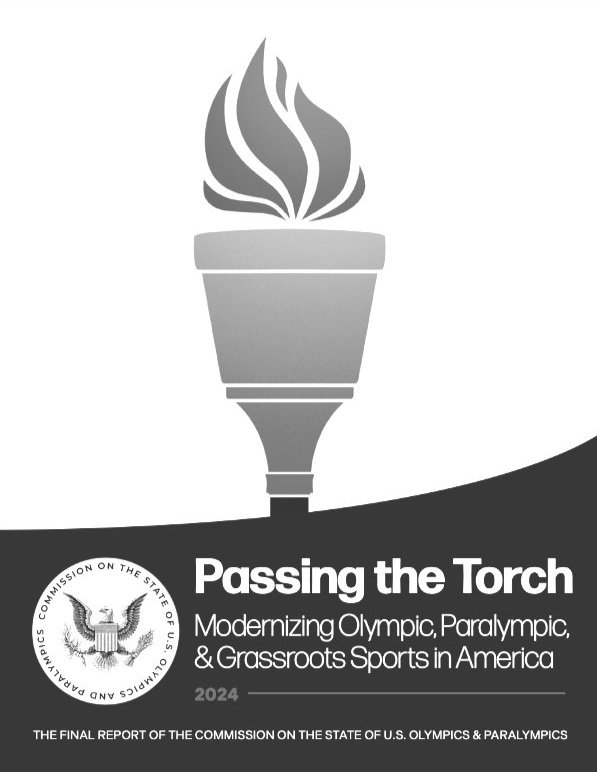News & views.
A collection of stories about data, public opinion and politics and news about our firm.

The Taxing Presidency of Donald Trump
It’s notable that a majority of Americans now oppose Donald Trump’s tariffs. These weren’t advertised as taxes, but Americans quickly came to learn they function as such, thanks to economists, news outlets such, Democratic messaging and the bond market’s Newtonian reaction to Liberation Day. The takeaway was clear: Americans may not follow trade policy, but they understand a tax.

Pope Francis on crises and conflicts
It’s not often you get to look with fresh eyes on words that shape our politics and humanity. That was our experience in reading the late Pope Francis’s reflections on “crisis” and “conflict.” We use these words interchangeably, but Francis draws a sharp distinction. In his view—a view that knocked us back—crisis is a necessary thing, vital to individuals, institutions and societies. Conflict, on the other hand, fractures reality. It closes us off, forces us to pick sides, to seek blame.

Political Reporting That Moves Beyond the Horse Race
We’ve spent years challenging the media’s obsession with horse race polling—here and here, for example—and calling for political coverage that goes deeper, exploring people’s priorities and values. So it was encouraging to see the findings from a new Nieman Lab report on an academic study of the Democracy SOS initiative, which examined how training in engagement-focused journalism influenced political reporting in swing-state newsrooms.

Narcissism and Ostracism: A Vicious Social Loop
Narcissism may contribute to social exclusion, but ostracism itself can also fuel the development of narcissistic traits,” explained Christiane Büttner, lead author of a big new study published by the American Psychological Association.

Ancient voices, brought to life by AI
Charred scrolls buried by the eruption of Mt. Vesuvius nearly 2,000 years ago are being read for the first time, thanks to remarkable advances in AI and X-ray imaging—and the diligence of a global team of scientists, historians, and entrepreneurs.

Issue priorities reflect deeper values
Our analysis revealed that:
Inflation and housing costs—the most critical concerns across all voters—reinforced Trump's message of restoring economic security.
Crime and immigration played into Trump's emphasis on personal safety and border control.
Reproductive rights remained secondary to economic stability for most voters.

Our most basic needs
American psychologist Abraham Maslow saw humans’ needs arranged like a pyramid, from basic survival at the base—food, safety, and stability—to higher-order aspirations like respect and freedom. Trump’s campaign capitalized on voters’ immediate, existential concerns at the hierarchy’s foundation: economic security, personal safety, and jobs.

Storytelling wins elections
Successful campaigns define clear, emotionally resonant narratives. For Republicans, cultural grievance and preserving the status quo were central themes. These narratives tapped into fear and frustration with societal and economic change.
Beware of our own biases
In a polarized environment, we’re all drawn to information that confirms our beliefs. For campaigns and political observers, this creates a risk of tunnel vision, ignoring the broader electorate’s realities.

Using AI to escape conspiracy rabbit holes
A new study published in Science offers a promising insight into how artificial intelligence might foster a more constructive civic discourse. The research shows that personalized dialogues with AI can reduce belief in conspiracy theories, which are generally viewed as resistant to fact-based counterarguments.

A promising voter registration effort in Texas
With a five-figure investment focused on seven initial campuses, Cornerstone is on track to register more than 5,000 new voters by the state’s October 7 deadline. When you consider Texas has more than 250 institutions of higher ed, Cornerstone’s potential for impact is clear.

Communicating about climate: The challenge of changing public opinion
A new report from Stanford University and Resources for the Future dives deeply into Americans' views on climate change. While 75 percent of Americans acknowledge that the earth has been warming over the past century, this figure is down from 83 percent in 2020—reflecting a subtle shift in public perception. Overall, attitudes on climate have been remarkably stable.

Voting our way into a housing crisis
In her book On The Housing Crisis: Land, Development, Democracy, Jerusalem Demsas tackles a critical yet often misunderstood issue: how democratic structures, local elections and community meetings have contributed to a nationwide housing shortage.
It’s all about turnout now
David wrote a pair of articles early this summer on the factors likely to shape the presidential election and how polling fits into the broader discourse. While the landscape has shifted in seismic ways since we published, the core message remains vital: polling and turnout are two separate things, and turnout is the biggest unknown at this point.
A plague of cheap polls—and its consequences
Each election cycle brings a new wave of firms touting proprietary methods and low-cost accuracy, but these promises often fall short, raising warning signs for anyone relying on the data.

Want to fight misinformation? Teach people how algorithms work
A peer-reviewed study in the Harvard Kennedy School Misinformation Review shows that individuals become more vigilant about spotting misinformation when they understand how algorithms filter and boost content.

The Unstoppable and Overdue Growth of Women's College Basketball
When organizations and media outlets commit to equitable messaging, storytelling and promotion across women's and men's sports, they fulfill a moral obligation while unlocking public enthusiasm and market potential that can transform industries.

Reforming America's Olympic & Paralympic Movement
The U.S. Congress created in 2020 a bipartisan commission on the state of U.S. Olympics and Paralympics (CSUSOP). The goal: reimagine the governance system for the kaleidoscopic (and scandal-plagued) array of organizations within the Olympic movement.


